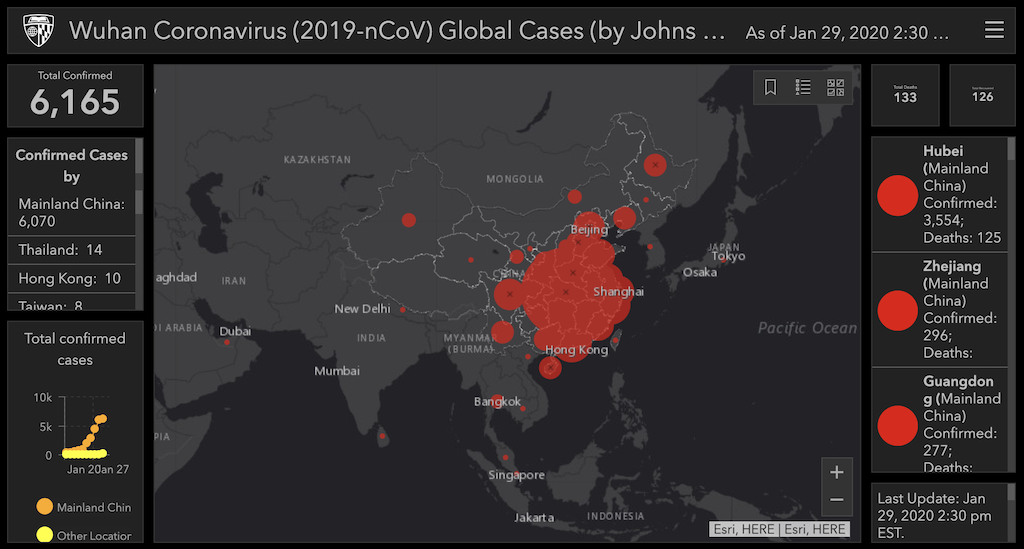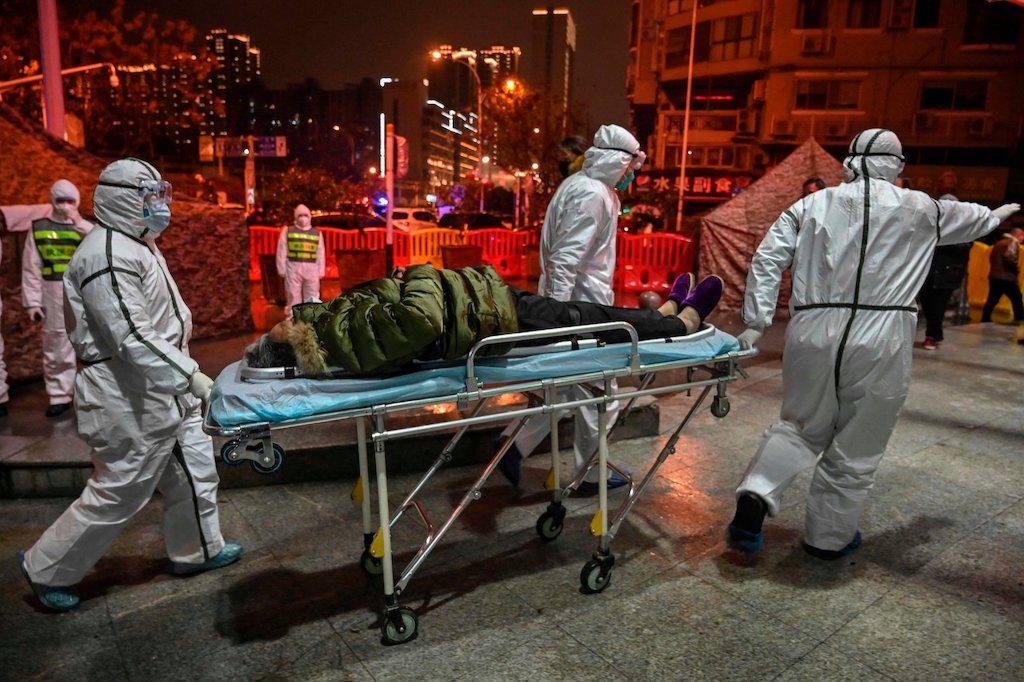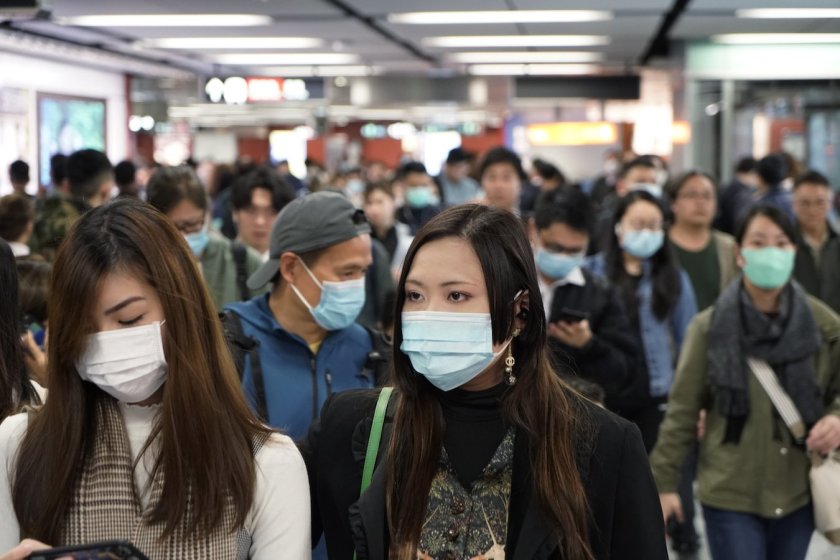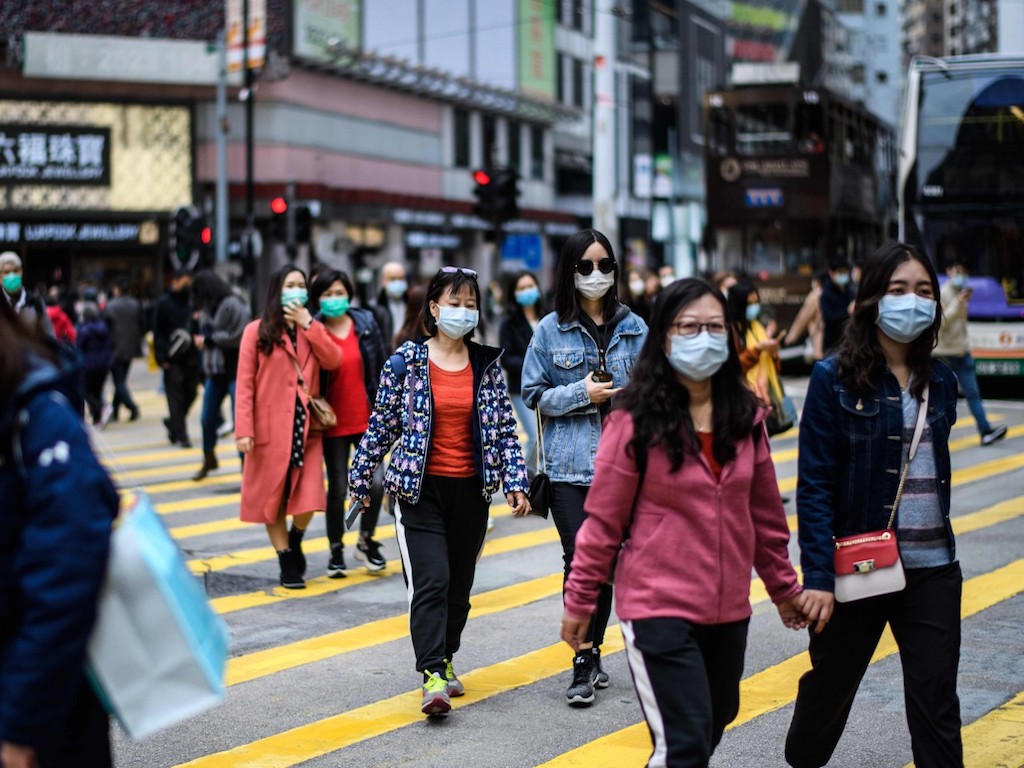5 Mins Read
The situation regarding the outbreak of the novel coronavirus originating from Wuhan, in China’s Hubei province since the end of last year is still rapidly evolving. Temporarily named the 2019-nCoV, which stands for the 2019 novel coronavirus (and also referred to as the Wuhan coronavirus), reports of the number of infected people has grown swiftly across the world, including at least 10 confirmed cases in Hong Kong at press time. Here is an update of new findings regarding the novel coronavirus, and the recommended precautions to take.
Read our earlier coverage of 2019-nCoV and what type of mask you should be wearing.
How far has the novel coronavirus spread?
Feb 3 2020 Update – Total Infected 17,387; Total Deaths: 362
The figures regarding the number of confirmed cases and deaths are continually being updated. At the current time of writing, the total number of deaths confirmed stands at 213, all of them within China, up from the 132 reported on Wednesday, marking a rise of 29%. The number of people confirmed to be infected is now 8,100, up from 5,974 – for comparison, SARS affected 8,098 people back in 2002-2003.
In fact, the number of people in mainland China infected with the new coronavirus is now more than that of SARS, a similar respiratory infection that spread from the region across the world between 2002 and 2003.
Outside of China, there are at now 100 confirmed cases across multiple countries, including Thailand, Malaysia, Cambodia, Japan, Sri Lanka, Vietnam, Singapore, Taiwan, South Korea, Germany, United States, Canada, Australia, Nepal, United Arab Emirates (UAE) and France. In Hong Kong, the latest figure stands at 11 confirmed cases, while Macau has confirmed 7 cases.

It is worth noting that the actual number to have contracted the virus could be much higher, as people with mild or no symptoms may not have been detected. According to modelling by World Health Organisation experts at Imperial College London, there could be as many as 100,000 cases, and accounting for uncertainty, the figure could be as high as 200,000.
This online map developed by John Hopkins University tracks the number of confirmed cases and deaths globally, and is regularly updated according to official figures as the situation continues to evolve.
How dangerous is the new coronavirus?
January 31 2020 Update: The World Health Organisation (WHO) has now officially taken the decision to declare the outbreak a global public health emergency, stating that the virus has potential to spread to countries with health systems not prepared to deal with it and calling it a ‘public health emergency of international concern.’
The novel coronavirus that originated from Wuhan appears to be less deadly than SARS, which killed around 10% of the people it infected, whereas according to current figures, around 3% of those infected with the 2019-nCoV have died. Many of those who have died from the new coronavirus are elderly or had existing medical conditions such as diabetes.

However early disease modelling suggests that 2019-nCoV may be more infectious compared to SARS. Already, there are more cases of people infected in mainland China than those infected during the outbreak of SARS. It is also possible that the virus could mutate over time and become more deadly.
Recent findings have confirmed that the coronavirus can be transmitted between humans, including those who have been infected but have shown no symptoms for as long as 14 days. Human-to-human transmission of the novel coronavirus has already been confirmed by China’s national health commission, and both Germany and Japan have reported cases of human transmission of this strain of coronavirus. According to some health professionals, it is thought that coming within a 1-metre radius of an infected individual increases the likelihood of transmission.
What precautions should I take to protect myself from 2019-nCoV?
Recent findings have confirmed that the coronavirus can be transmitted between humans, including those who have been infected but have shown no symptoms for as long as 14 days. Human-to-human transmission of the novel coronavirus has already been confirmed by China’s national health commission, and both Germany and Japan have reported cases of human transmission of this strain of coronavirus.

The World Health Organisation (WHO) has made recommendations regarding precautions against the new coronavirus:
- Regularly wash hands with soap and water for at least 20 seconds
- Cover nose and mouth when sneezing or coughing with a tissue or a flexed elbow, and disposing of the tissue in a closed bin
- Avoid close contact with individuals displaying cold and flu-like symptoms
- Avoid touching your eyes, nose and mouth
- A surgical face mask may help you to avoid touching your face, and will also filter droplets, which is believed to be the route by which the virus can be transmitted
- Avoid travelling, particularly if you are immunocompromised or have any existing chronic illnesses
- If you have any symptoms such as fever, cough or difficulty breathing, it is imperative to seek medical care immediately and share your travel history
- Only eat well-cooked food whilst travelling
Medical experts in Hong Kong have additionally recommended several extra precautions:
- Avoid crowded places and markets
- Wear a surgical mask, especially if you are in crowded areas or using public transport
- Maintain good personal hygiene habits
- If traveling, wash your hands even more frequently and try to avoid water or water-based drinks from non-secure sources
Read more about what type of mask you should be wearing.
On the preventative side, there are few things you can do to keep your immune system strong:
- Drink even more (filtered) water than usual
- Supplement with Zinc, Selenium Vitamin C (and eat as many Vit C rich foods as you can)
- Add immune boosters like turmeric root and green teaa to your diet
- Eat lots of nutritious plant-based foods including nuts and seeds, leafy greens and mineral-rich legumes
- Get more sleep than usual
More great immune-boosting advice here.
Lead image courtesy of Anthony Wallace / AFP.




